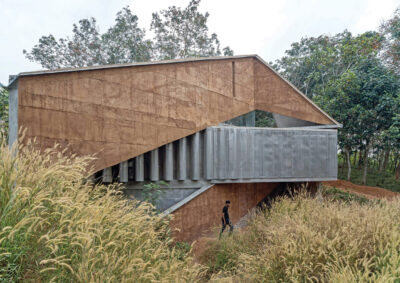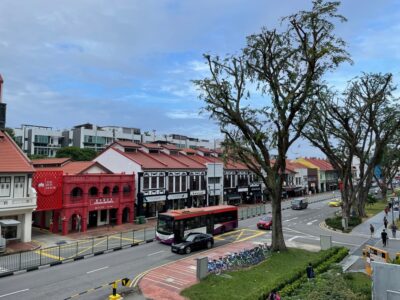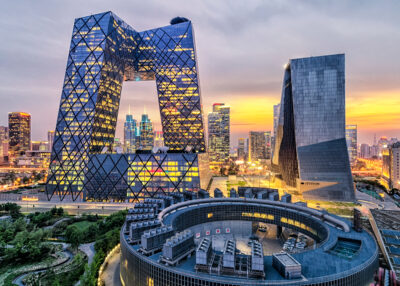Here’s one way Japan can put its empty homes to use
Japanese charity converts abandoned properties into housing for single mothers

Remember Japan’s grand empty home giveaway? Now an organisation seems to have found good use for the country’s long line of abandoned, derelict buildings.
A Tokyo-based nonprofit won Thursday a World Habitat award for converting vacant, empty properties into suitable shelter for single mothers, Thomson Reuters Foundation reported.
Little Ones has helped more than 300 single mothers find a home in the Japanese capital as well as Osaka and Chiba over the last 10 years.
Taking advantage of a 2015 law that encourages the reuse of abandoned houses, Little Ones has been able to work with housing authorities and obtain grants from the government to renovate abandoned homes. Single mothers can then get access to safe, decent housing at subsidised prices.
All too often, single mothers are considered social pariahs and are barred from employment opportunities in Japan, according to Little Ones’ chief executive Kunihisa Koyama.
“Apartment owners often refuse single mothers because they are not considered financially stable. The social stigma, lack of economic opportunities and high costs in cities like Tokyo mean the majority of single mothers live in poverty,” he said.
The number of single mothers in the archipelago is on the rise while the overall population is rapidly greying, a phenomenon which has resulted in the surge of empty and abandoned homes around the archipelago.
Single-mother households in Japan increased to 712,000 between 1992 and 2016, according to the ministry of health. Fewer than half receive alimony, Reuters noted.
Meanwhile, the child poverty rate for working single-parent households in Japan ranks top among Organization for Economic Cooperation and Development (OECD) nations.
Around 14 percent of housing stock in Japan are now considered empty, abandoned properties, a fraction set to grow to a third of all homes by 2033.
Recommended
Meet the vagabond architect behind India’s housing scene
Vinu Daniel is helping to shake up India’s home building setting
Where Asian real estate stands in a fragmented, warmer world
Asia’s real estate industry faces many and varied challenges as external factors continue to bite
6 sights to see in Singapore’s Marine Parade
Handily located Marine Parade has emerged as a vibrant investment choice in the Lion City
There’s a township dedicated to health and wellness in Malaysia
Property seekers have their health needs catered for at KL Wellness City








